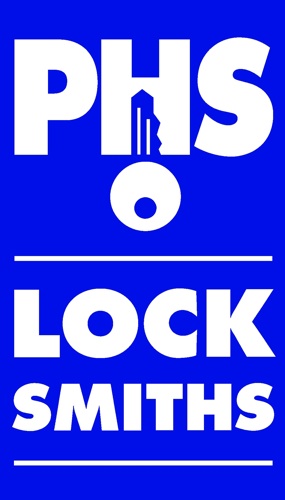There is much on the internet about key bumping, but not much about how to prevent your locks being bumped open.
The principle of bumping relies on two things. First, that the lock has only one shear line with standard bottom pin, top pin and spring in each chamber. With this set up the bump key acts like a cue ball in the game of pool. The bump key hits the bottom pins hard and the energy bounces the top pins above the shear line allowing the plug to be turned. Second, it relies on keyblanks for the lock to be available to make a bump key.
Cheap manufacturing and sloppiness in many residential cylinders improve the odds of bumping or picking the locks open. High security locks do not rely on one shear line to keep their lock secure. To thwart lock pickers and now lock bumpers they have patented either a second shear line within the cylinder or arranged their pins in a unique way to make it very hard to raise all the pins at the same time and thus open the lock by bumping or picking.
Residential locks usually come with one of four different keyblanks. Y-1 Yale, KW1 Kwikset, SC1 Schlage C, and WR5 Weiser. Obviously, these keyblanks are easily available to make bump keys. High security lock companies design keys which they patent and keyblank manufacturers cannot make copies and sell them. In this way the high security lock manufacturer can control who it sells its keyblanks to and sets the terms under which their contracted dealers can make duplicate keys. Dealers are forbidden from selling any uncut keys, which means there are not any keyblanks for sale to attempt to make bump keys.
If high security is beyond your budget, you can purchase locks with proprietary keyblanks, usually from locksmiths. These keyblanks are not common, but there is not a patent with direct oversight by the manufacturer. The cylinders are made better than most residential locks and can be more difficult to bump open.
The really bad news about bumping or picking locks open, is there is no sign of forced entry. Many insurance companies require that there be sign of forced entry to cover the loss from a burglary.
High Security Lock Companies include Medeco, Schlage Primus, Mul-t-lock and Assa.
6808 Roosevelt Rd.
Oak Park, IL 60304
(708) 386-3334
